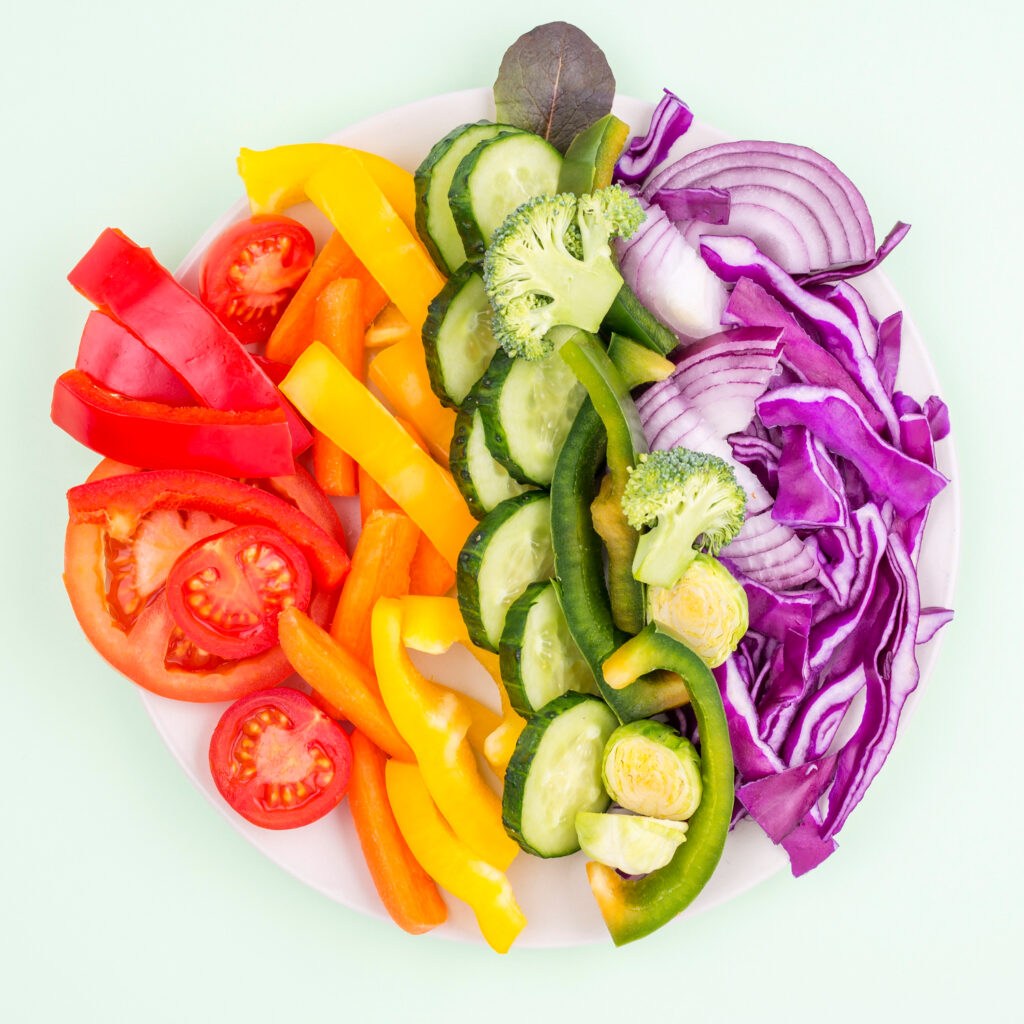
Table of Contents
Overview
Your liver is one of the most vital organs in your body, responsible for a multitude of essential functions including detoxifying harmful substances, aiding in digestion, and regulating important metabolic processes. Keeping your liver healthy is crucial for your overall well-being. In this article, we’ll provide you with comprehensive guidelines on how to maintain a healthy liver through diet, lifestyle choices, and preventive measures.
Understanding the Liver’s Role
The liver is the largest internal organ in the body and performs over 500 vital functions. These include filtering toxins from the blood, producing bile for digestion, storing energy, and aiding in blood clotting. Given its central role in maintaining your health, it’s essential to take steps to protect and support your liver.
1. Adopt a Liver-Friendly Diet
A balanced, nutrient-rich diet is one of the best ways to support liver health. Here’s how you can optimize your diet for a healthy liver:
Consume a Variety of Fruits and Vegetables
Fruits and vegetables are loaded with antioxidants, vitamins, and minerals that help protect the liver from damage. Leafy greens, berries, citrus fruits, and cruciferous vegetables like broccoli and Brussels sprouts are especially beneficial due to their high nutrient content.
Incorporate Healthy Fats
Healthy fats, such as those found in avocados, nuts, seeds, and olive oil, are essential for reducing liver inflammation and improving its function. Omega-3 fatty acids, found in fatty fish like salmon and mackerel, are particularly beneficial for liver health.
Limit Processed Foods and Sugary Drinks
Processed foods, which are often high in trans fats, refined sugars, and artificial ingredients, can lead to fat accumulation in the liver, increasing the risk of fatty liver disease. To protect your liver, focus on eating whole, natural foods and drinking water, herbal teas, or other low-sugar beverages.
2. Limit Alcohol Consumption
Excessive alcohol consumption is one of the leading causes of liver damage. It can lead to conditions such as alcoholic fatty liver disease, alcoholic hepatitis, and cirrhosis. To minimize the risk, it’s important to drink alcohol in moderation. For men, this means no more than two drinks per day, and for women, no more than one drink per day. If you have an existing liver condition, it may be best to avoid alcohol entirely.
3. Maintain a Healthy Weight
Obesity is a major risk factor for liver disease, particularly non-alcoholic fatty liver disease (NAFLD). Maintaining a healthy weight through a balanced diet and regular physical activity is crucial for liver health. Even a modest weight loss of 5-10% can significantly reduce fat in the liver and lower the risk of liver disease.
4. Engage in Regular Physical Activity
Regular exercise is essential for maintaining a healthy liver. Physical activity helps burn triglycerides and reduces liver fat. Aim for at least 150 minutes of moderate-intensity exercise, such as brisk walking, swimming, or cycling, each week. Additionally, incorporate strength training exercises to build muscle and support overall metabolic health
Related:Best and Worst Foods for Liver Health
5. Avoid Exposure to Toxins
Your liver is responsible for detoxifying harmful substances, but excessive exposure to toxins can overwhelm it. To protect your liver, avoid exposure to harmful chemicals such as those found in pesticides, industrial cleaning products, and cigarette smoke. When using these substances, ensure good ventilation and wear protective gear to minimize exposure.
6. Be Cautious with Medications
Certain medications can be harmful to the liver, especially when taken in large doses or combined with alcohol. Always follow the recommended dosage instructions and consult with your doctor before starting any new medications, particularly if you have existing liver concerns. Over-the-counter medications, such as acetaminophen, should be used sparingly, as they can cause liver damage if taken in excess.
7. Get Regular Liver Check-Ups
Regular medical check-ups are important for monitoring liver health, especially if you have risk factors such as obesity, diabetes, or a family history of liver disease. Liver function tests (LFTs) are simple blood tests that can help detect early signs of liver damage. Early detection allows for prompt intervention and treatment, potentially preventing serious liver disease.
8. Stay Hydrated
Proper hydration is essential for liver function. Water helps the liver process and eliminate toxins more effectively, and it supports overall metabolic processes. Aim to drink at least 8 glasses of water each day, and more if you are physically active or live in a hot climate. Staying well-hydrated is a simple yet effective way to support liver health.
The Takeaway
Maintaining liver health is crucial for your overall well-being. By adopting a liver-friendly diet, limiting alcohol intake, staying active, avoiding harmful toxins, being cautious with medications, and staying hydrated, you can support your liver’s essential functions and protect it from potential damage. Regular check-ups will help detect any issues early, allowing for timely intervention. Remember, taking care of your liver is an investment in your long-term health, and small lifestyle changes can make a big difference in keeping your liver healthy for years to come
FAQs: How to Keep Your Liver Healthy
What foods are best for liver health?
Fruits and vegetables, particularly leafy greens, berries, citrus fruits, and cruciferous vegetables like broccoli, are excellent for liver health due to their high antioxidant content. Healthy fats, such as those found in avocados, nuts, seeds, and omega-3-rich fish, are also beneficial.
How much alcohol is safe to consume for a healthy liver?
Moderation is key. For men, it’s generally safe to consume up to two drinks per day, while women should limit themselves to one drink per day. However, if you have a liver condition, it’s advisable to avoid alcohol altogether.
Can regular exercise improve liver health?
Yes, regular physical activity helps reduce fat accumulation in the liver and supports overall liver function. Aim for at least 150 minutes of moderate-intensity exercise per week, along with strength training exercises.
What are some signs that my liver might be unhealthy?
Signs of liver problems can include fatigue, jaundice (yellowing of the skin and eyes), dark urine, abdominal pain, and unexplained weight loss. If you notice any of these symptoms, it’s important to see a healthcare professional for evaluation.
How can I avoid liver damage from medications?
Always follow the recommended dosage instructions for any medications and avoid mixing them with alcohol. If you have liver concerns, consult your doctor before starting any new medications, including over-the-counter drugs like acetaminophen.
Why is hydration important for liver health?
Staying hydrated helps the liver efficiently process and eliminate toxins from the body. Drinking at least 8 glasses of water a day supports overall liver function and aids in maintaining good metabolic health.











